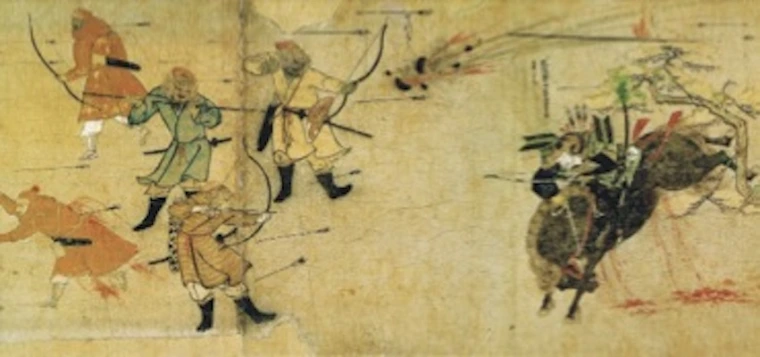This presentation discusses the establishment of literary history (bunga- kushi) as an academic discipline in late nineteenth-century Japan, with special attention to the role of traditional Chinese fiction in defining the contours and content of Japanese “national literature” (kokubungaku). In an academic environment obsessed with the location and description of various racial, cultural, and psychological essences, Japanese histo- ries of Chinese literature were united by the claim that the authentic or “real” China could only be understood through previously marginalized genres such as fiction and drama. By positioning these genres in a bina- ry tension with an autocratic “Confucian ideology”, and by arguing that they could only flourish at moments of foreign invasion and contact, Jap- anese literary historians presented works like The Water Margin (Shuihu zhuan) and Romance of the Western Wing (Xixiang ji) as privileged points of access into the voices and experiences of a putative national people effaced in more elite disciplines like philosophy, ethics, and history.

William C. Hedberg is an assistant professor of Japanese at Arizona State Universi- ty, who specializes in the literature and culture of early modern Japan. His current project centers on the reception of late imperial Chinese fiction during the Edo and Meiji periods (17th-20th c.), with special emphasis on the novel, The Water Margin (Shuihu zhuan).


